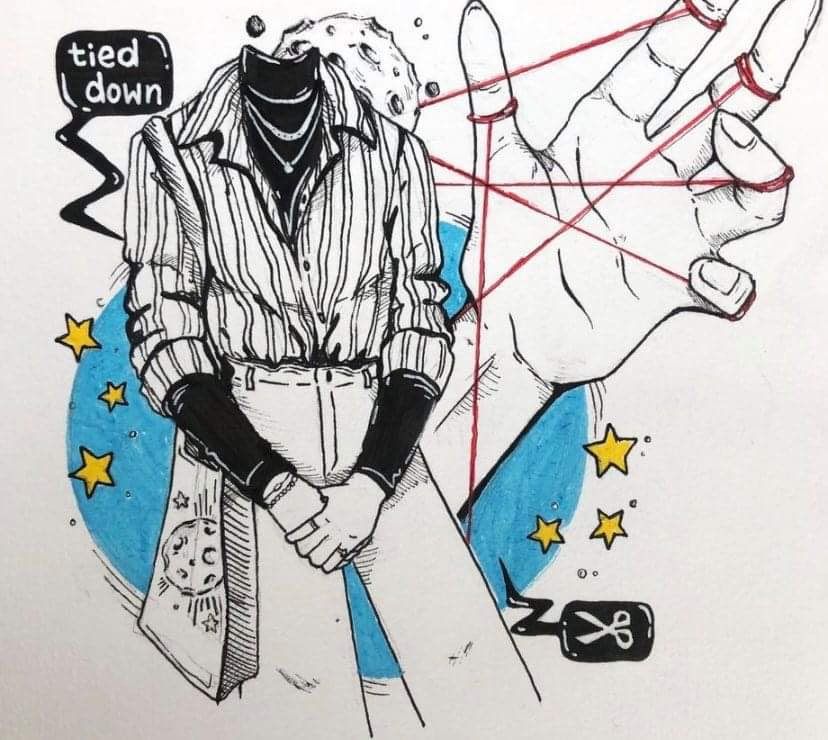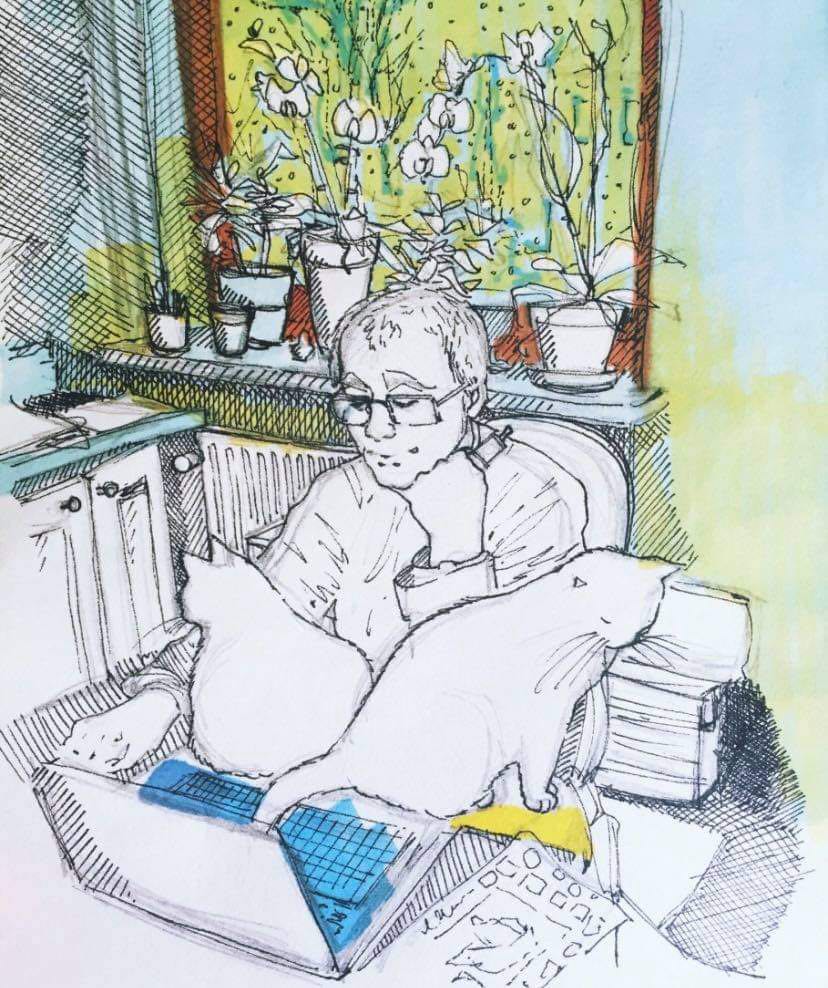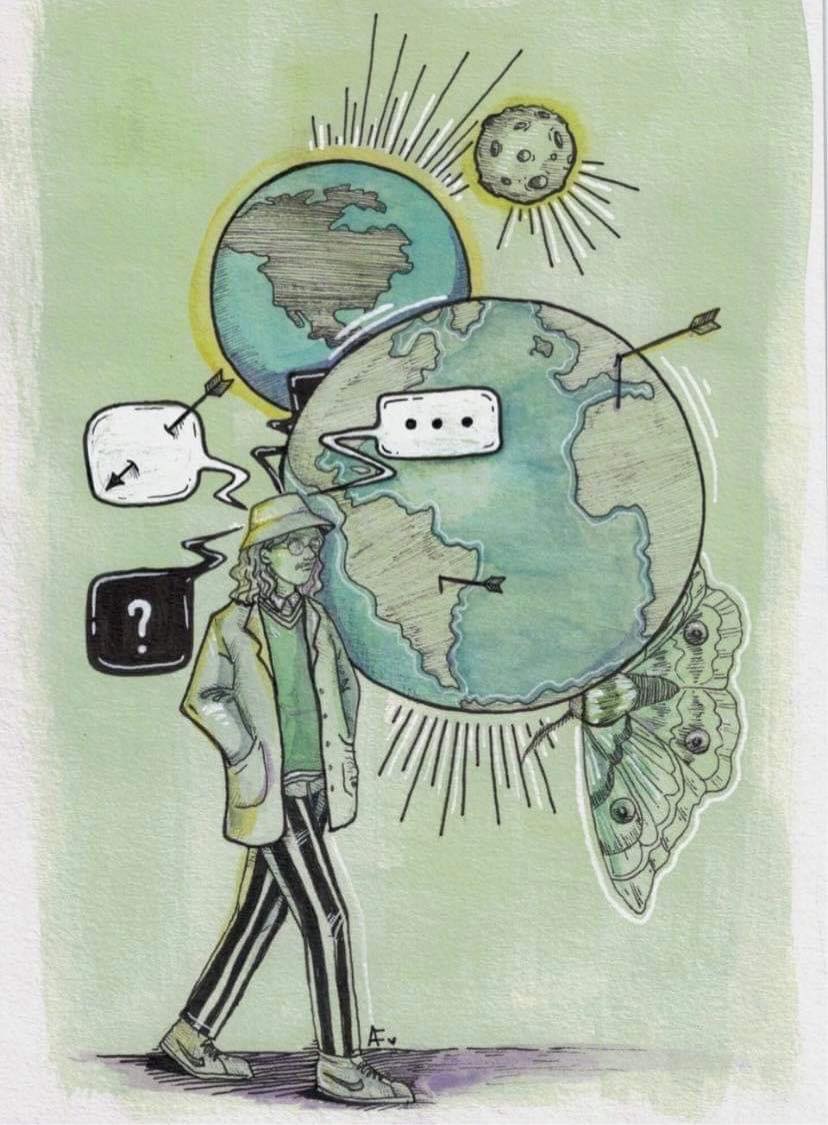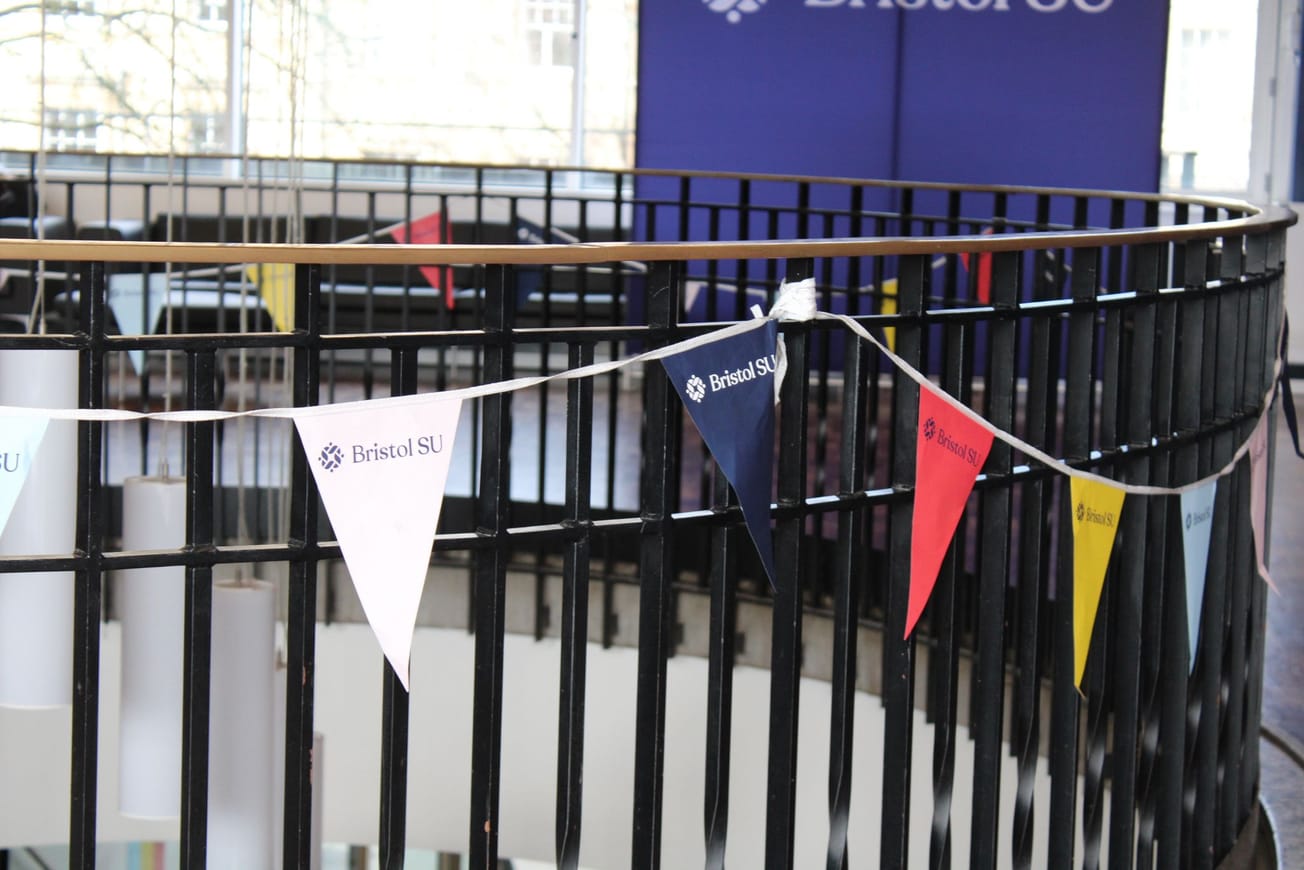By Grace Kirby, Second Year Ancient History & Feature Writer
I have never written a novel, roller-skated, built an igloo, sky-dived, or composed a sonnet. Yet, with the advent of a year since coronavirus started to impact the world, I get the unnerving sense that I should have. This feeling of un-accomplishment and regret perfectly epitomises February.
Although it is the shortest month of the year, for students it can seem like the longest. Whether it’s the lingering sense of failure from January exams or the robotic act of logging into blackboard collaborate to mute the class, February is pitiless and it is boring.

While I had been wallowing in what it feels like a 'wasted year', it feels like the rest of the world have either embarked on a radical 'self-improvement' journey or were feeling awful because they hadn't. Why have we become obsessed with maximising self-optimisation amidst a global pandemic that has brought so much collective pain and suffering?
'Pandemic productivity' is such a strange idea, yet it dictates my happiness levels each day. Goals have become my new source of misery: an unattained plan causes pain, but actually achieving it brings only a brief satisfaction.
Yet these feelings are not a result of any failing or intrinsic character flaw; instead, they are a toxic by-product of the all-consuming hustle culture that seems to have our entire generation under its thumb. Absorbed in the idea that every minute of 'empty time' in our lives has to be filled with constructive activities, that any action not geared toward self-improvement has no value (or even place) in our day-to-day existence.

Balancing feelings of guilt and shame only perpetuates the desire to want to do more. This isn't even remotely possible to accomplish in normal circumstances, yet this mindset seems to tighten its grip more than ever during the Pandemic. Nothing about this situation is expected, so why are we attempting to continue as if that were the case?
There needs to be recognition in the significant difference between the 'self-improvement' advertised and actual self-care. Self-care shouldn't result in you feeling guilty for not using all your time 'productively'. However, many platforms promoting quarantine activities are aware they can profit off your self-doubt.
Why have we become obsessed with maximising self-optimisation amidst a global pandemic that has brought so much collective pain and suffering?
It seems to me that what they market as ‘self-care’ seems more like self-destruction. This sort of 'toxic productivity' needs to be more widely acknowledged within the university. Working effectively has never been so challenging as we adapt to studying at home, remotely and with a constant stream of bad news and feelings of uncertainty about the future. Yet, simultaneously, we are hit even harder by the commercialised 'self-help' machine as more of our lives are moved online.
Productive or not, you are not defined by what you achieve during this limbo period, and we need to put less pressure on ourselves. We are not lesser beings for failure to thrive under these conditions. If anything, we should see merely surviving as a significant accomplishment.

There is no logic in expecting ourselves to be hyper-productive instruments in the depths of one of the largest global crises we will see in our lives. That's not to mention that we live in an age that makes productivity a trying task at the best of times (Shakespeare may have produced some of his best works whilst home-bound, but he didn't have to navigate a constant barrage of online information about the status of the pandemic or battle the temptation of various online sources of entertainment).
Aspiring for self-improvement should by no means be criticised,however, it should not be perceived as the only way to lead a meaningful existence during this time.
Featured Image: Epigram / Grace Kirby









